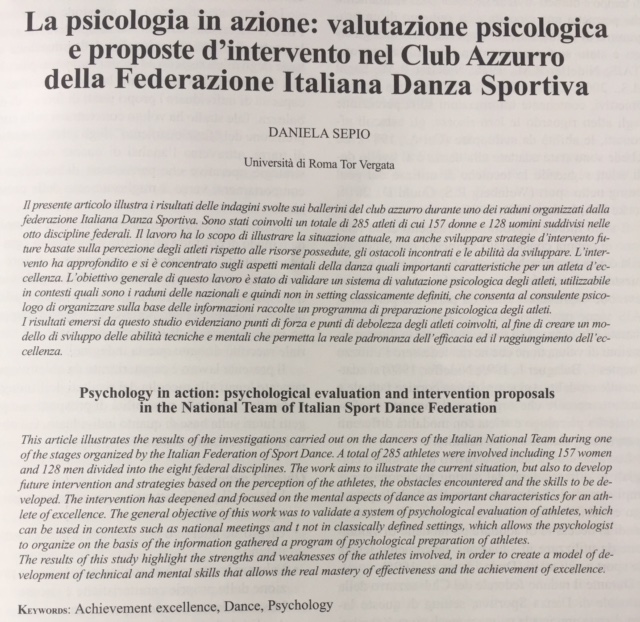Many psychologists rage against motivators and mental coaches who are not psychology graduates. They are right and should make their case to the psychologists’ association. That said, those who are not in a protected employment status such as a full-time job at the university, in the health care system, in public or private companies, and private institutions but have taken up psychotherapeutic work or a chosen counseling must be equipped to live with personal professional satisfaction in a world of sharks who want to occupy the same position.
Thus, premised on the necessary professional and human skills to achieve one’s goals, one must be aware that there are many other competitors with almost no specific skills who are working hard to achieve the same results. These people are more reckless than psychologists because they have to sell something in which they are not qualified. For them aggressive marketing, insistence, and networking that exhausts their possible interlocutors are the winning tools.
To be successful, the psychologist should know how to promote himself, knowing that this is an essential dimension of the job and not something extra that one has to do. I consider networking so essential that in every master’s program I have directed I have included it as a teaching module.
Being a counselor is not an easy track, you have to be one every day of the year, you have to know that every counseling will come to an end and, therefore never stop looking for new ones and feeling a part of the slice of the market in which you have decided to work.





